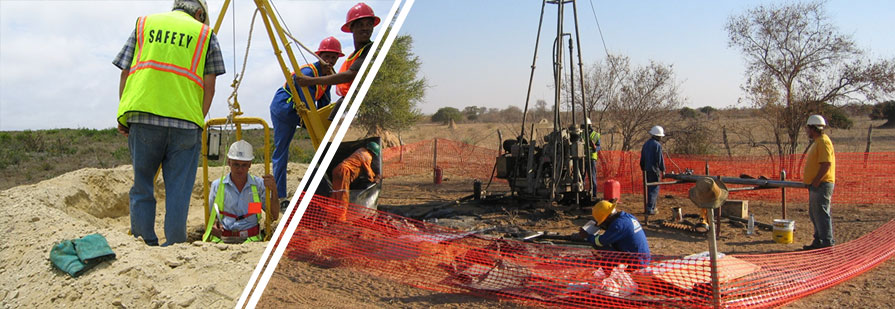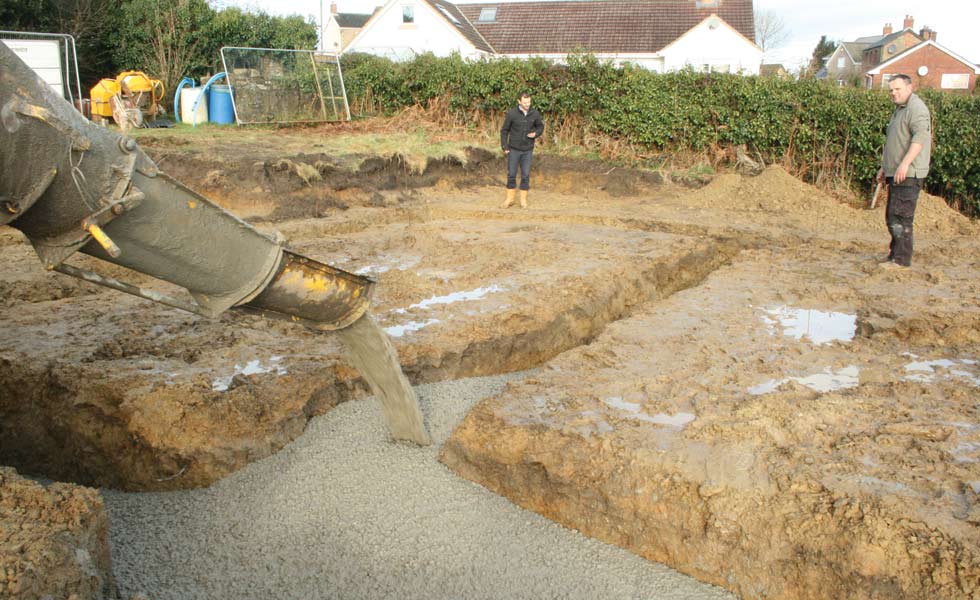Are you thinking of building your dream home or constructing a multi-storey car park in Melbourne? There’s a lot to consider! Whether you’re planning to build an office building or anything on soil, a systematic investigation of your structure’s stability, rigidity and strength can surprisingly play a vital role in your building process. Why? (I see that question coming!). Well, geotechnical investigations are always a must! Be it in the initial construction stages or even years after your home has been built to ensure your soil is capable of resisting all the weights and other conditions without failing and collapsing. Through these structural examinations, you’ll also be clued up whether or not you’ll get your building permit.
Structural engineers are often asked at the beginning of a construction’s development: “Is a geotechnical study really worth the expense? In short, geotechnical work is not where you want to cut costs to save a few bucks. Structural analysis has a direct impact on your building’s foundation system cost. Let’s check out why getting your soil tested is a must before kicking off with your construction work! We recommend bookmarking this page, since you may want to come back to it as you work through constructing your building (or you can print this page, but we prefer to save trees).
Why Should I Test My Soil for New Buildings?

Building projects require careful and thorough planning because they can have a significant impact on their surroundings. Whether you’re building a house or commercial building, it all starts with the foundation. Since the foundation holds the entire structure, it’s of the utmost importance that it’s rock solid. Soil testing for new buildings will determine the composition of the soil and whether or not it can adequately support a foundation.
But Why Is Structural Analysis So Important?
Although many people fail to recognise the importance of site investigation, this is a vital and necessary step of the construction process. Don’t be misled into thinking that if the neighbouring areas conducted geotechnical testing and finished their buildings, you don’t have to go through the same process because of the vicinity.
In fact, the characteristics of soil can vary significantly depending on location and can affect the stability of the foundation. Other factors, including weather, soil management and climate changes, can also affect soil properties and, thus, the building.
This step of the construction process bears such great importance as it can cause foundation failures due to the insufficient bearing capacity of the soil. As a result, it can pose a serious threat to the safety of the nearby area. If the ground isn’t appropriate for specific construction, it may even collapse, endangering homes and lives of other people!
What If The Soil Is Too Loose?
If the soil is found to be too loose, easily compressed, or full of absorptive clay, it doesn’t mean that you can’t build on that soil, but it does mean that you’ll need some extra foundation support, be it broader or deeper foundations or replacing bad soil.
And What Happens If I Don’t Use Extra Foundation?
If extra foundation supports are not used, the expansion and contraction of the soil due to moisture content can result in cracked and crumbling foundations. When this occurs, the only fix is a costly foundation repair.
When Should I Get My Soil Tested?
Soil analysis is usually carried out after digging the foundations and before laying the footings. However, you can also request soil testing before buying land and have it put in writing that your offer is contingent on the property passing the soil test. Soil testing can also be ongoing during the construction process.
It’s important to note that soil tests during the purchase and pre-construction phase, before excavation, are more costly compared to surveys performed after digging the foundation with heavy equipment.
Understanding geotechnical investigation of the soil helps to make better decisions leading to the success of the construction project. Whether your land is clay, loom, sand, silt or gravel, soil testing must be the first step construction of a building or any structure. Without structural analysis, your building is exposed to the hidden dangers and all unknown weakness of the soil. Are you wondering if a geotechnical investigation is necessary for your project? Contact mtaCONSULT today! Based in Melbourne, these experts will make sure your project complies with all the structural design codes and local requirements.

